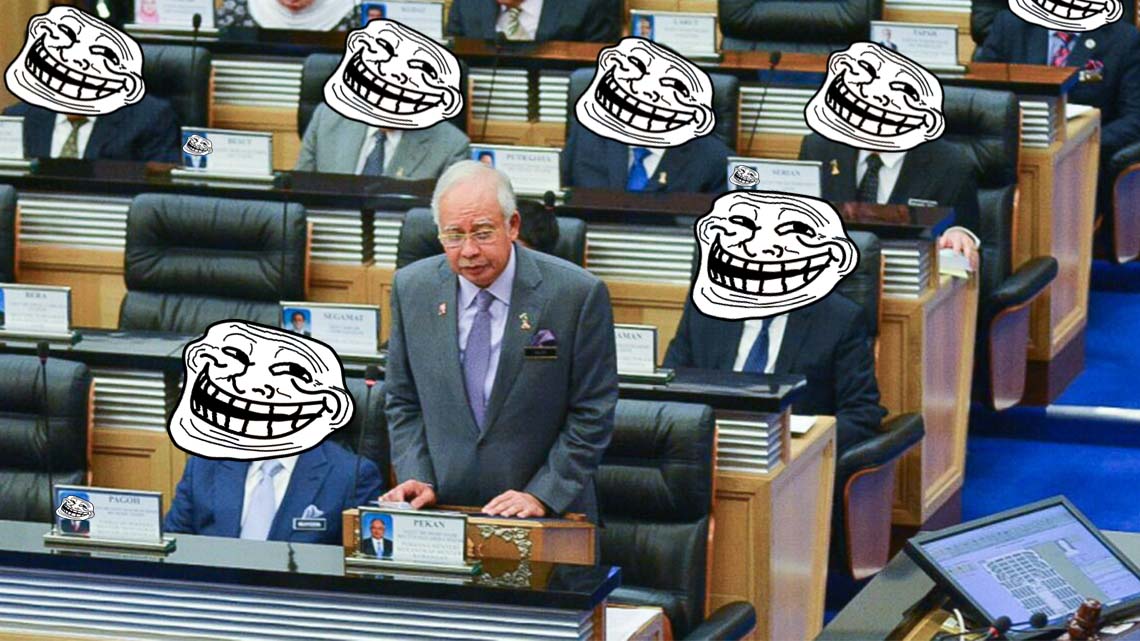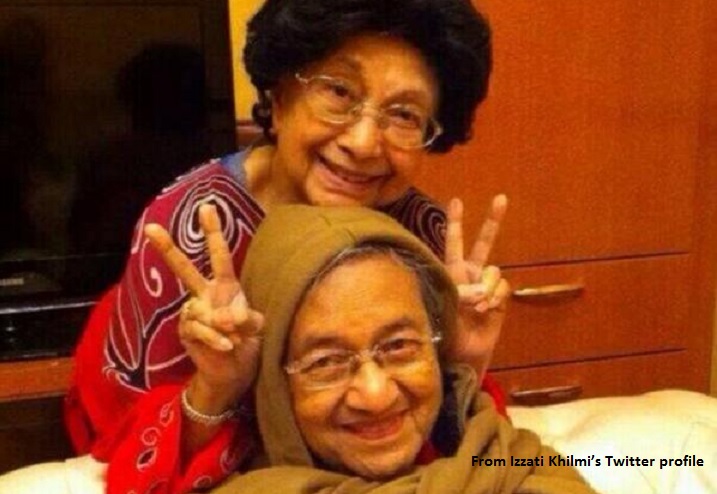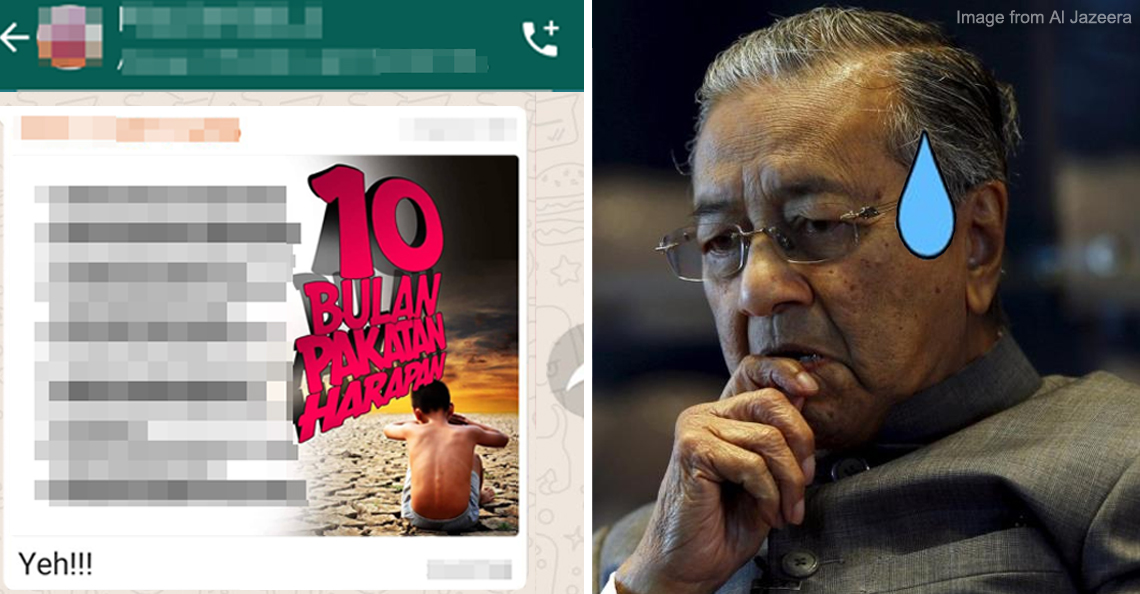Our politicians are fighting over this tabligh convention, but what is it exactly?

- 380Shares
- Facebook323
- Twitter10
- LinkedIn10
- Email9
- WhatsApp28
Recently, Malaysian politicians have been making headlines by arguing over the Sri Petaling tabligh convention. In case you’ve been too busy stocking up on tissue papers and bubble teas, the Covid-19 virus has infected 5,780 and killed 98 people in Malaysia at the time of writing – and at least 39% of these cases are linked to the convention, turning it into what some would call a pandemic hotspot.
But that itself should somewhat of an old news by now, given that no new cases have been reported to be linked to the convention recently. Except recently, our politicians have brought it back into the limelight as they argue about who’s responsible for it. Before we get into all that though, perhaps the better question is: What exactly is this tabligh convention and how did it come about?
It’s an Islamic movement that’s always on the go
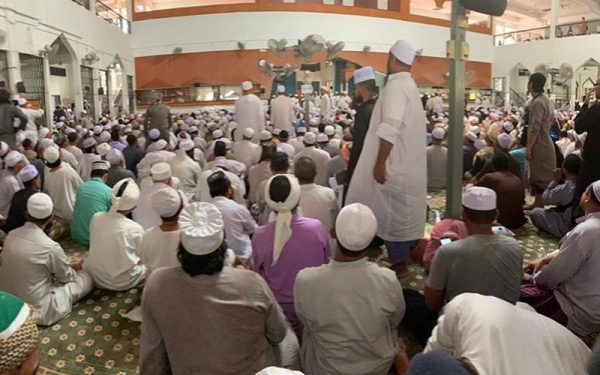
While it’s generally known as the tabligh convention, the proper name for it is Tablighi Jamaat, also known as the Society of Preachers. It’s an Islamic organization that was founded almost a century ago in 1926, in India by prominent Islamic scholar Maulana Mohammed Ilyas Kandhlawi. The goal of this group was to recruit preachers to revive “true” Islam.
At the time of establishing the organization, it was said that the state of Muslims had weakened due to their attachment to all things worldly and materialistic. Islamic scholars apparently believed that a Muslim must renounce attachments to materialistic things to be a true believer. As such, the organization had a main objective of restoring religious traditions and rejecting modernity as manifested in materialism.
“Oh Muslims be good Muslims.” – Mohammed Ilyas, as quoted in BBC News
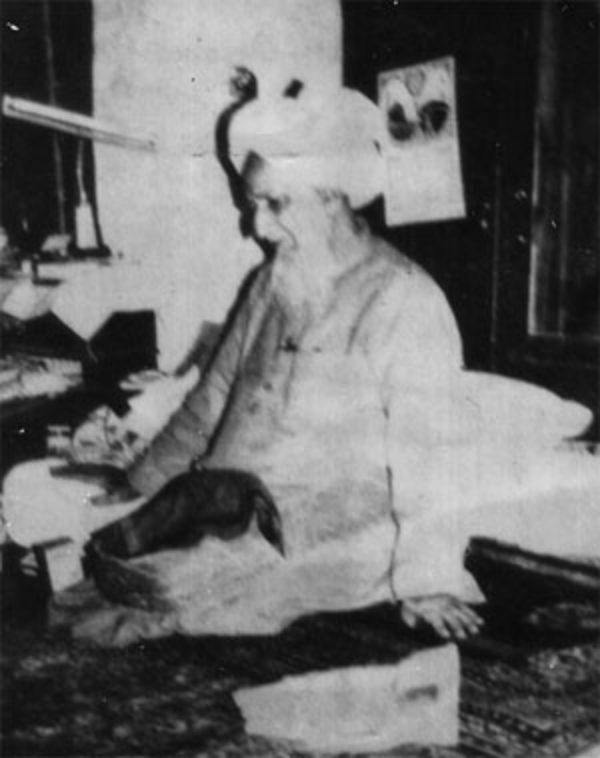
Unlike other movements that are usually isolated to a place, this one’s a non-centered movement, where it’s open to all Muslims and for any amount of time as they like. For example, you can join and follow the organization for a weekend or a month.
And usually, instead of making speeches in just one place, they’re always on the go. On an annual basis, the Tablighi Jamaat will send out delegates to different countries for 40 days, in order to meet and communicate with other members of the faith in conventions. This is because they believe that only in-person communication allows them to pass on their main message of staying away from materialism to stay true to the faith. And staying true to their beliefs, the delegates apparently don’t stay in hotels when they travel, but in the mosques that they’ll be holding their conventions in.
In general, the Tablighi Jamaat is a benign movement, where they’ve largely avoided politics or confrontation with communities of other religions. Still, it’s considered the largest Muslim movement with followers in more than 80 countries.
So, given that it’s a movement that’s always moving and Malaysia’s kinda a largely Muslim country, it probably comes to no surprise that they’ll organize conventions here as well. Apparently, the Sri Petaling mosque has been the location for tabligh conventions since 1995, and there hadn’t been any problems so far. But…
Now our politicians are arguing about the Sri Petaling tabligh convention

See, while the international mass gathering in Sri Petaling’s been harmless since its conception, it kinda became a big thing with the one held from 29th of February to 3rd of March this year, which was claimed to be the catalyst for the second wave of the Covid-19 virus in Malaysia. Before the convention, the number of Covid-19 cases in Malaysia had remained in the double digit arena, and even seemed to be dying down nearing the end of February.
But then, just as March started, everything kinda went kaboom, where we saw a significant rise in the number of Covid-19 patients on a daily basis, reaching 5,780 cases at the time of writing. A large number of these patients were attributed to the Sri Petaling tabligh cluster.
So now, our politicians have started yet a war of words about the convention. It all started with our Health Minister Dr. Adham Baba, who had reportedly accused the previous government – Pakatan Harapan (PH) – for failing to contain the tabligh cluster. He claimed that if the PH government had managed to prevent the tabligh convention from happening at all, then there wouldn’t be a second wave of Covid-19 cases, and we wouldn’t be where we are today.
“On March 10, we had a new cluster appear which the previous government failed to contain, which is the tabligh cluster.” – Dr. Adham, as quoted in Malaymail
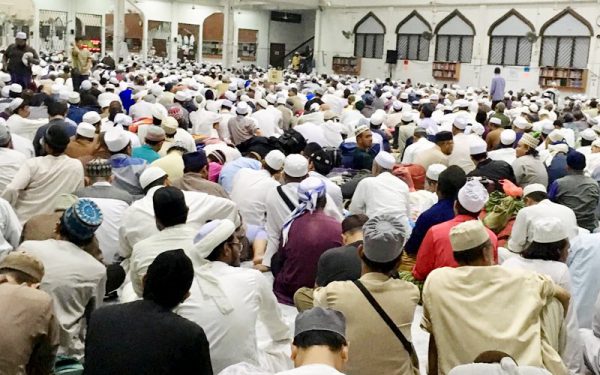
In response, our former Health Minister Dr. Dzulkefly Ahmad said that Prime Minister Muhyiddin Yassin should be the one being questioned for permitting the tabligh convention in the first place, further asking why the police didn’t stop it from happening. During PH’s administration, Muhyiddin was the Home Affairs Minister, and Dr. Dzulkefly claimed that events like the tabligh convention was under the purview of Home Affairs Ministry and not the Health Ministry.
“The health ministry should ask the prime minister why he allowed the tabligh gathering to take place.” – Dr. Dzulkefly, as quoted from FMT
And then, Malaysia’s former Prime Minister Najib Razak joined in on the argument, where he brought us on a trip down the memory lane to a statement Dr. Dzulkefly made on the 12th of February, 2020. Apparently, according to Najib, Dr. Dzulkefly had dismissed a need to delay public activities as the situation was under control then, even though the World Health Organization (WHO) had recommended it.
It’s kinda been a pretty interesting drama to watch over the past few days, but with all the blame game and finger-pointing, there’s one important question that we’re still confused about, which is…
So who is in charge of approving events like this?
Well, to start with, we have this thing called the Peaceful Assembly Act 2012. So, before the enactment of the Peaceful Assembly Act 2012, it was compulsory to apply for police permits to organize gatherings or processions of more than three people, such as one like the tabligh convention.
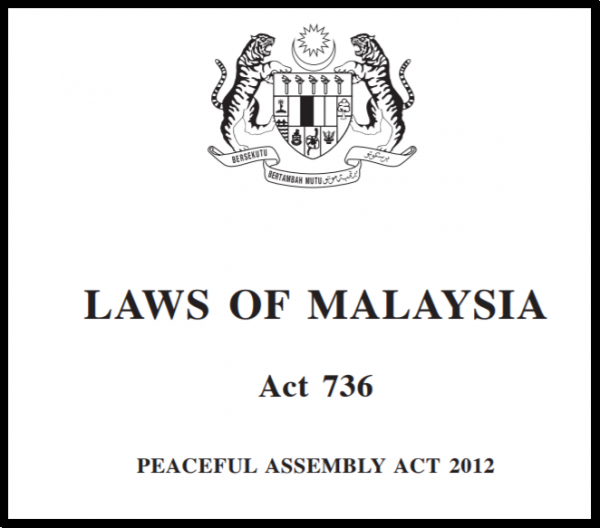
However, the emergence of the Peaceful Assembly Act 2012 kinda changed the game. When it was first tabled, there were a lot of criticism and skepticism, with some wondering if it’s just the previous-previous Barisan Nasional (BN) government’s attempt to organize crackdowns on the right to protest and freedom of expression, since it was drafted only four months after the Bersih 2.0 rally. However, others such as Dr. Mahathir Mohamad had previous voiced support for the act, saying that it can prevent violence from becoming a problem in the country.
And, coincidentally enough, the Peaceful Assembly Act 2012 is under the purview of the Home Affairs Ministry in Malaysia. The act basically stipulates that you have to inform the police in the corresponding area ten days before the assembly with information like the date and time, place, and manner of assembly. And this basically applies to all forms of assemblies. But there are exceptions, in which they don’t need police permits, such as:
- Assemblies held at designated assembly areas gazetted by the Home Affairs Ministry
- Funeral processions
- Wedding receptions
- Open houses
- Corporate family days
- General meetings of societies or associations
- Religious assemblies
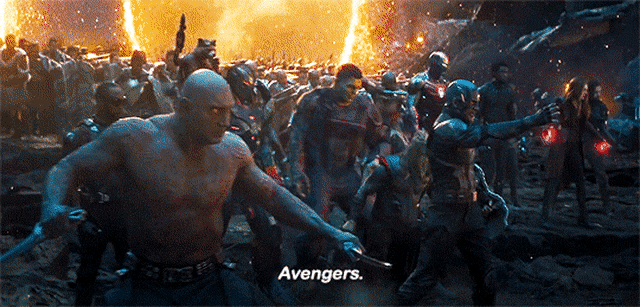
So it’s not exactly wrong for Dr. Dzulkefly to claim that Muhyiddin, our former Home Affairs Minister and current Prime Minister, was the one in charge of events like the tabligh convention. And since the tabligh convention’s classified as a religious event, it didn’t need police permit to go on as usual.
“The organizers of the tabligh convention didn’t need to apply for permits as it was a religious activity.” – Internal Security and Public Order Department director Acryl Sani Abdullah Sani, as translated from Berita Harian
However, it was later found the organizers had apparently submitted a request to Kuala Lumpur City Hall (DBKL) for road closure within the area – do note that road closure’s not the same thing as a religious event, which is why they’d need permission for that. And DBKL had approved of the road closure. At the time, the one in charge of DBKL was former Federal Territories Minister Khalid Samad.
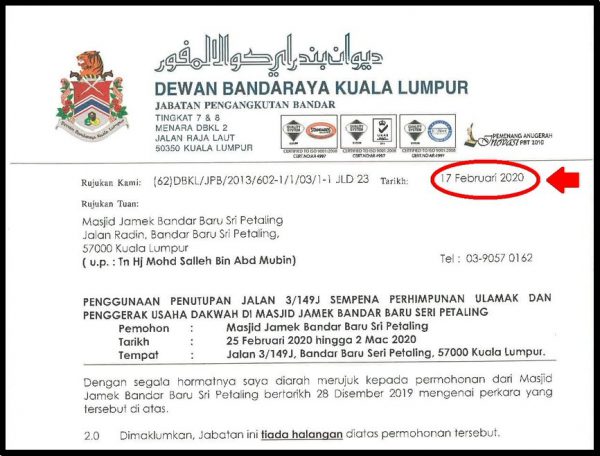
As you can see, based on Malaysian laws before the whole MCO thing, it’s probably unfair to lay blame on the Health Ministry for allowing the tabligh convention to happen, given it’s apparently not under the ministry’s purview. In addition, the Health Ministry itself reportedly didn’t even know there was a tabligh convention until the first case of convention-related Covid-19 patient emerged. So it seemed that anyone who had any knowledge of the convention were the Home Affairs and Federal Territories Ministries.
“We were informed on March 9 that a tabligh congregation member was involved in the gathering, and who had attended the mosque, from my comrade in Brunei. We didn’t even know there was a tabligh congregation involving 16,000 people. When one was tested positive, we immediately conducted contact tracing on the tabligh gathering participants.” – Health director-general Dr. Noor Hisham Abdullah, as quoted from Malaymail
The process of how the tabligh convention in Sri Petaling got approved and eventually became a Covid-19 hotspot is kinda complicated. But…
It’s not fair to just blame the tabligh convention for the outbreak
Around the same time as the tabligh convention, there was something else that had our heads reeling and probably distracted us from the Covid-19 situation, which was…

It has been said that the political crisis in Malaysia had wasted weeks that could have been used to prevent the Covid-19 situation that we’re in now. Apparently, we were doing pretty well in January and February, but the political crisis meant a lack of leadership and coordination in combating Covid-19. And in turn, our government slowed down, caught unaware of the drastic spread of Covid-19 in the process.
“We lost because of the uncertainty, lack of leadership and more importantly, the lack of resources which we badly needed to purchase such as testing equipment.” – Economist Jomo Kwame Sundaram, as quoted from Malaysiakini
Even Dr. Dzulkefly himself had alleged that the Health Ministry’s efforts to contain Covid-19 was hampered by the political crisis, further claiming that perhaps Muhyiddin “was not aware (of the tabligh gathering that was going to take place then) as there was a more serious agenda taking away his focus from work at the time”.
And not just that, there were also other clusters that could have contributed to the second wave of Covid-19 in Malaysia, like patient 26 Hisham Hamdan. Hisham’s a top official at Khazanah Nasional and had a history of traveling to Shanghai in January, and it was reported that he’d managed to create a cluster after having been in close contact with 215 people. However, Hisham himself had rejected the claim that he was responsible for the cluster.
So, you see, there are factors other than the convention that could have put Malaysia in the situation it’s in now, like the distraction of the political crisis and the presence of other clusters. Hence, it’s not totally fair to solely blame the tabligh convention for the Covid-19 outbreak.
Plus, now is probably not the time to play the blame game, since it’s a thing of the past. What we should do now is just to continue playing our parts by staying at home and washing our hands regularly, because according to recent reports of Covid-19 cases, whatever we’re doing now is working pretty well.
- 380Shares
- Facebook323
- Twitter10
- LinkedIn10
- Email9
- WhatsApp28

